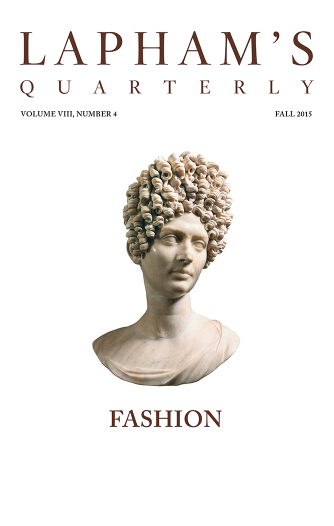What a torture to talk to filled heads that allow nothing from the outside to enter them.
—Joseph Joubert, 1807Comprehensive Care
Florence Nightingale thinks on where her patients’ minds go when they’re stuck in bed.
Volumes are now written and spoken on the effect of the mind on the body. Much of it is true. But I wish a little more was thought of the effect of the body on the mind.
You who believe yourselves overwhelmed with anxieties but are able every day to walk up Regent Street, or out in the country, to take your meals with others in other rooms, etc., you little know how much your anxieties are thereby lightened; you little know how intensified they become to those who can have no change; how the very walls of their sickrooms seem hung with their cares; how the ghosts of their troubles haunt their beds; how impossible it is for them to escape from a pursuing thought without some help from variety.
It is a matter of painful wonder to the sick themselves how much painful ideas predominate over pleasurable ones in their impressions; they reason with themselves; they think themselves ungrateful. It is all of no use. The fact is that these painful impressions are for better dismissed by a real laugh, if you can excite one by books or conversation, than by any direct reasoning; or if the patient is too weak to laugh, some impression from nature is what he wants. It is cruel to let him stare at a dead wall. In many diseases, especially in convalescence from fever, that wall will appear to make all sorts of faces at him; now, flowers never do this. Form, color, will free your patient from his painful ideas better than any argument.
A patient can just as much move his leg when it is fractured as change his thoughts when no external help from variety is given him. This is, indeed, one of the main sufferings of sickness; just as the fixed posture is one of the main sufferings of the broken limb.
It is an ever recurring wonder to see educated people, who call themselves nurses, acting thus. They vary their own objects, their own employments, many times a day; and while nursing some bedridden sufferer, they let him lie there staring at a dead wall, without any change of object to enable him to vary his thoughts; and it never even occurs to them at least to move his bed so that he can look out of window. No, the bed is to be always left in the darkest, dullest, remotest part of the room.
It is a very common error among the well to think that “with a little more self-control” the sick might, if they choose, “dismiss painful thoughts” which “aggravate their disease,” etc. Believe me, almost any sick person who behaves decently well exercises more self-control every moment of his day than you will ever know till you are sick yourself. Almost every step that crosses his room is painful to him; almost every thought that crosses his brain is painful to him; and if he can speak without being savage, and look without being unpleasant, he is exercising self-control.
Suppose you have been up all night, and instead of being allowed to have your cup of tea, you were to be told that you ought to “exercise self-control,” what should you say? Now, the nerves of the sick are always in the state that yours are in after you have been up all night.
We will suppose the diet of the sick to be cared for. Then, this state of nerves is most frequently to be relieved by care in affording them a pleasant view, a judicious variety as to flowers, and pretty things. Light by itself will often relieve it. The craving for “the return of day,” which the sick so constantly evince, is generally nothing but the desire for light, the remembrance of the relief which a variety of objects before the eye affords to the harassed sick mind.
A little needlework, a little writing, a little cleaning, would be the greatest relief the sick could have if they could do it. These are the greatest relief to you, though you do not know it.

Florence Nightingale
From Notes on Nursing. Born in Florence in 1820, Nightingale served at the Barrack Hospital in Scutari during the Crimean War; her nighttime bedside visits earned her the sobriquet “Lady with the Lamp.” Elsewhere in Notes, Nightingale marvels at how the “laws of motions of the heavenly bodies” are understood by science, while “the laws of the human mind, which are under our observation all day and every day, are no better understood than they were two thousand years ago.”

